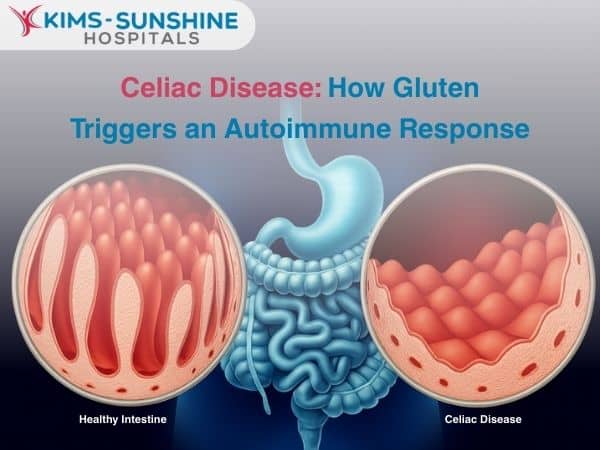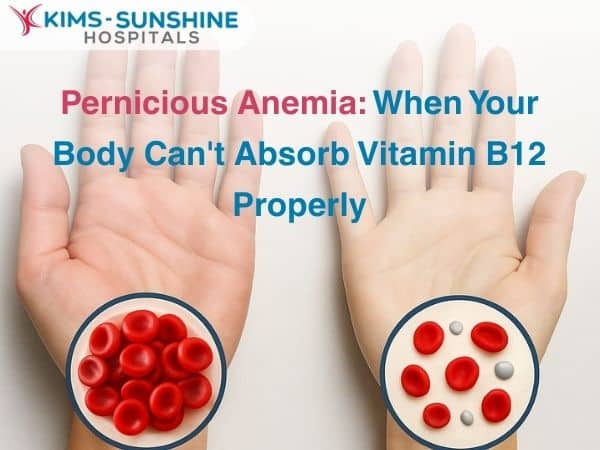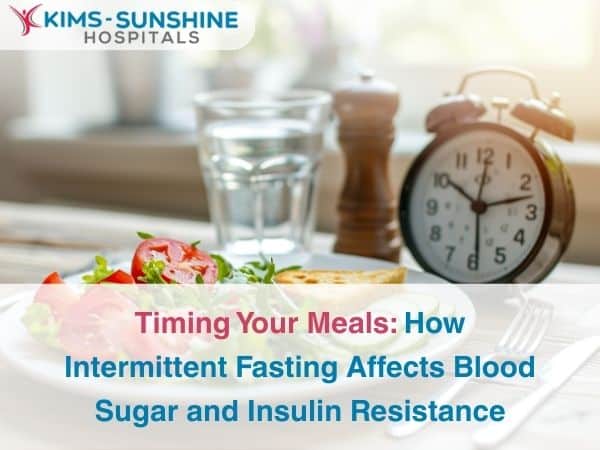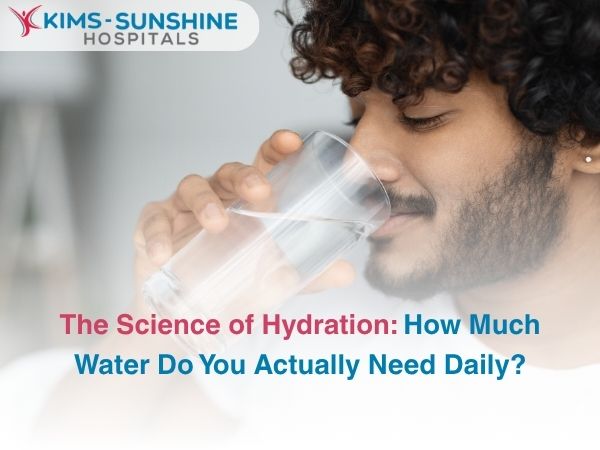
The Science of Hydration: How Much Water Do You Actually Need Daily?
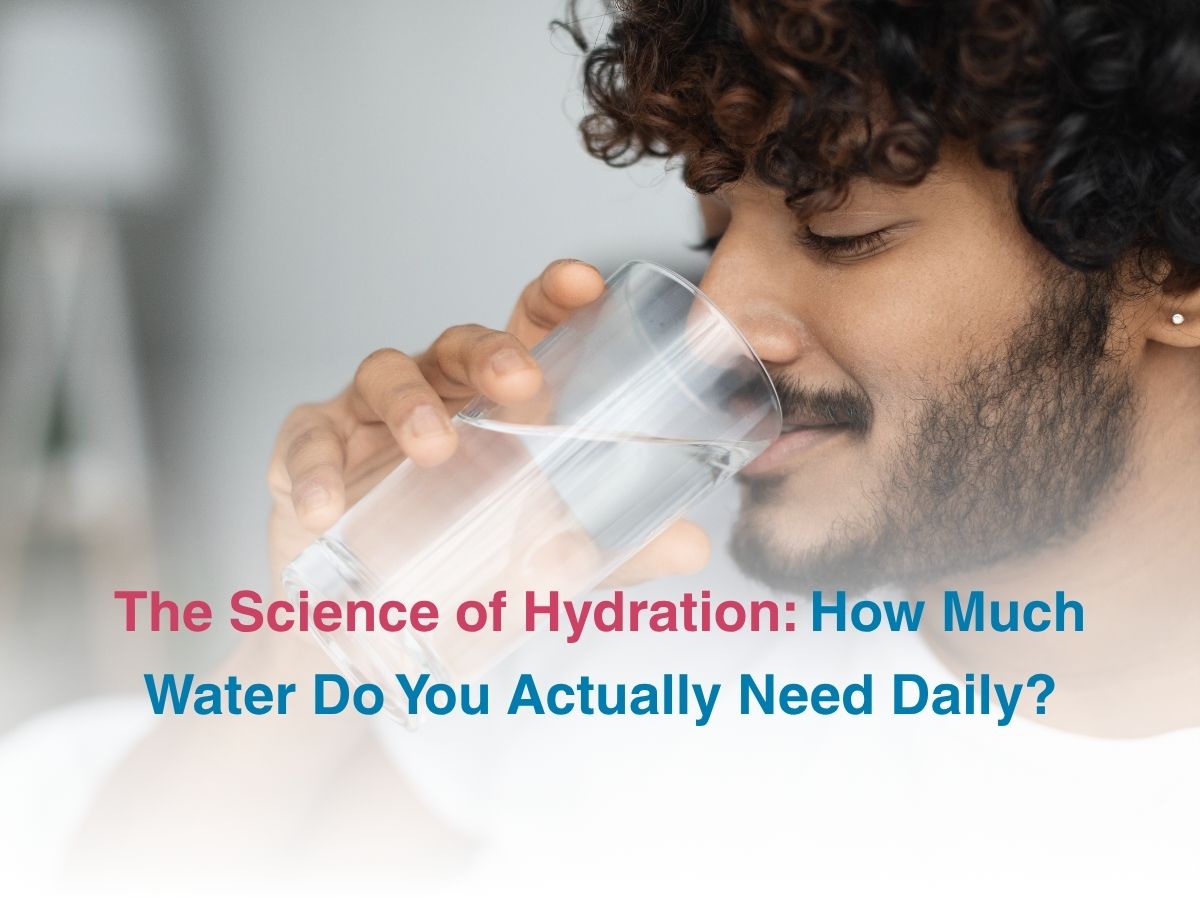
We have all had one rule drilled into us from childhood, with respect to how much water we should be drinking in a day – and that is the 6-8 glasses of water minimum per day rule. While water is very much necessary, not all of us need so much. Plus, it is not like water is not present in any of the other fluids we consume through the day. Also, it is good to remember that this 6-8 glasses of water rule is a healthy estimate to follow, but not as a definite rule, per se. This is because the amount of water you need will be different every day and it is dependent on many factors.
How Much Water To Drink Daily?
Water is good for you in the right amounts and overhydration can occur, just as dehydration can affect a person badly. So, you should be objective and consider just 5 factors, which will help you understand how much water you need to drink in a day.
- Age– Your kidneys don’t work as well later on, nor do you feel as thirsty as before. So, drinking enough water as you get older can be a hard objective to handle. So, you could try to stick to the 8 glasses per day rule, but it may not necessarily help you out in the end.
- Activity Levels– If you are physically pretty active and sweat, then you will need more water than usual, to replace fluids lost during the day.
- Body Weight- If you weigh more, then you need more water. Simple to understand, once you realise that 70% of your body is water, huh?
- Climatic Conditions– Summers can be brutal in the Indian subcontinent, and dehydration is a major issue for many individuals. So, you should drink more than 8 glasses per day in such circumstances.
- Health in general– If you are not well, have a feer, cold, diarrhoea or some other condition, then you may need more water than the normal 8 glasses per day estimate.
Plus, if you also want to understand the science of hydration better, then you should know that most of the other fluids you consume in a day- like coffee, tea, juice or anything else, except hard liquor contain some water in them. Studies have shown that caffeinated drinks function similarly to water and the kidney doesn’t care for the caffeine present in the drink.
Dehydration Symptoms And Risks
Symptoms that indicate you are dehydrated include-
- Feeling thirsty
- Having a dry mouth
- Not urinating often- and the colour of the urine is dark yellow in colour
- Some people may also get headaches, feel confused or feel very tired
- Your skin may feel dry
- You may also have muscle cramps
Hydration Needs By Age And Activity
Not drinking enough water can be problematic and lead to dehydration, as water is needed for a number of important functions in the body- regulating body temperature, organ lubrication, to allow cells to take up nutrients and get rid of wastes and cellular metabolism, among other minor functions. If you have had kidney stones before, then drinking more water can be good for you. More water is also good if you have heart or lung disease or are more susceptible to bladder infections. But, in almost all other instances, overhydration can be an issue. If you are more active, then you need more water, than someone who is more sedentary during the day. General rules of hydration state that you will need-
- 4-8 cups of water if you are a child
- 8-13 cups of water if you are a healthy adult
- 10-12 or slightly more water for pregnant or breastfeeding women
Conclusion
Best ways to stay hydrated naturally include carrying a water bottle with you, so you can drink it whenever you feel thirsty. The key is to not wait till you feel thirsty, as you may already be a little dehydrated by then. You should add fruits and vegetables in your diet and avoid anything overly salty or sweet, as those foods or drinks can dehydrate you. Also, try to limit alcohol intake, as it can dehydrate you pretty severely, if you decide to go heavy on the drinking. You should get medical help if you are dizzy, feel confused, have a high heart rate or are breathing too fast, as these may be signs of severe dehydration and if not treated, can be fatal in extreme cases.


